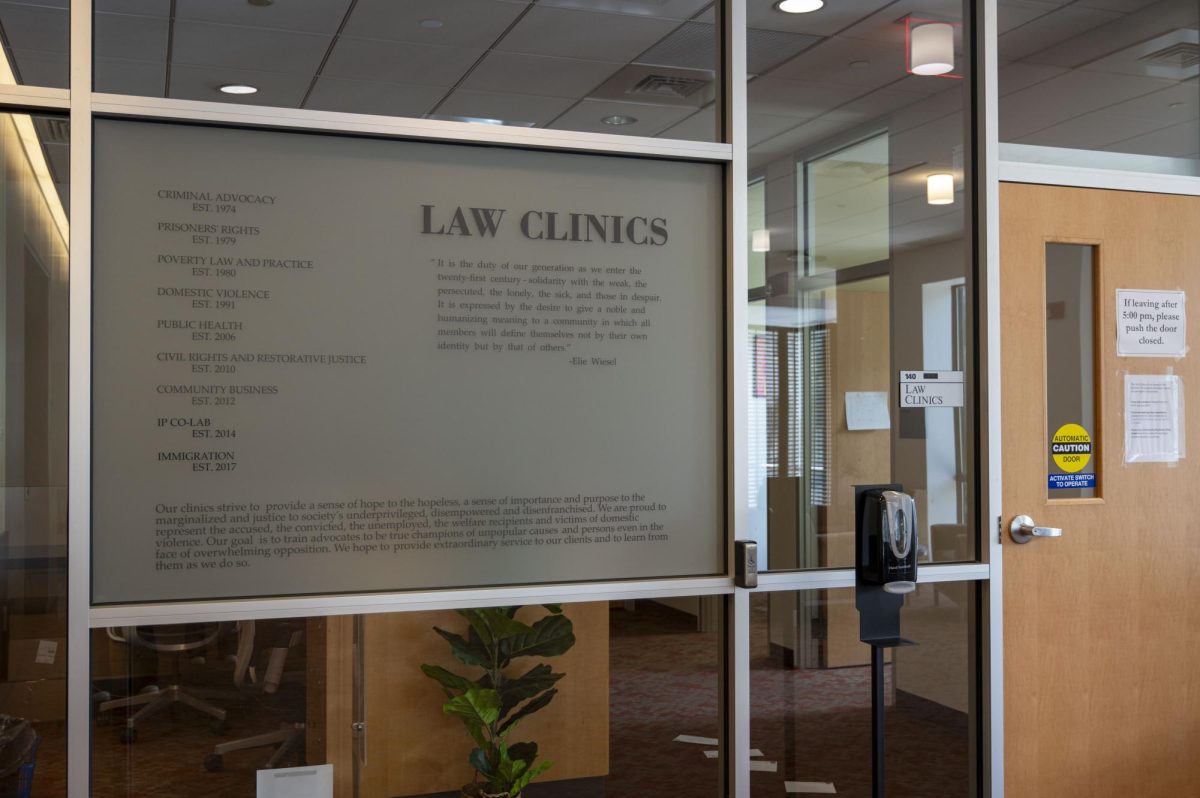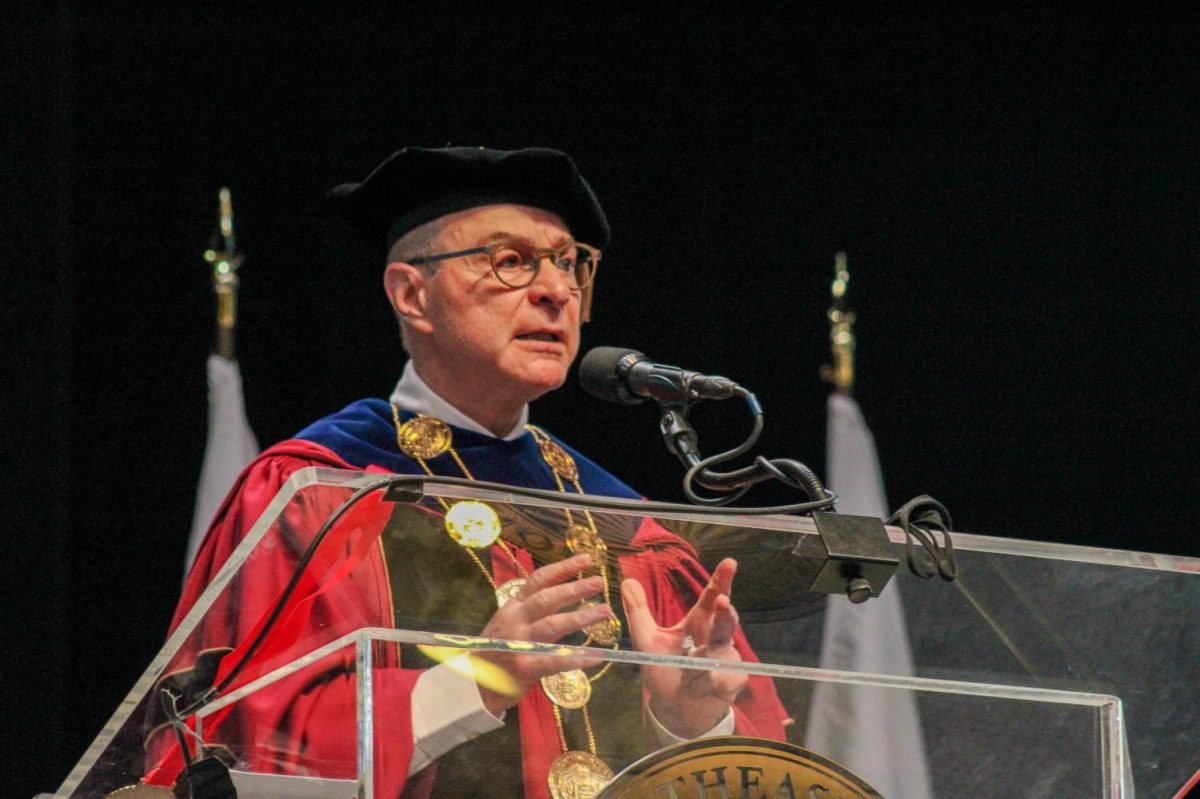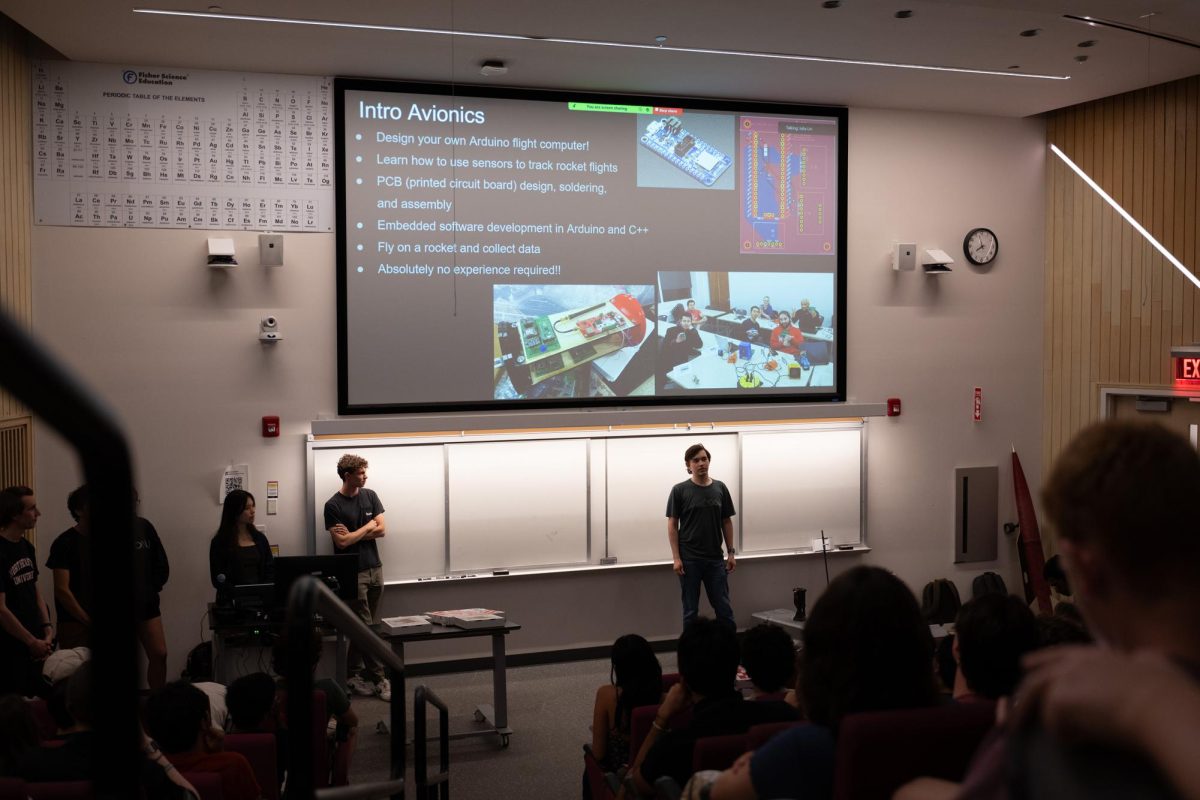As 21st century journalists, our profession often gets the shaft. One of my journalism professors once accurately noted that we are often judged on the same level as used cars salesmen and defense lawyers.
To some extent, the label is warranted. We chase ambulances. We shove mics in the faces of the most tragic victims. We don’t back off from a lead, even when the published story is hard to swallow.
As Bill Keller, executive editor of the New York Times, recently warned, our profession is in danger. The essence of newsgathering, the crux of what we do, “cannot be replaced by a search engine,” Keller told an audience at this year’s Hugo Young memorial lecture in London.
“The civic labor performed by journalists on the ground cannot be replicated by legions of bloggers sitting hunched over their computer screens,” he said.
Keller’s remarks highlight the role of the media in a changing world – one where Perez Hilton is a millionaire, while staffs from the most reputable newspapers in the country are shrinking every day.
But without properly trained reporters on the ground in places like Iraq and Darfur, the story may never get told. Where would we be without trailblazers like Edward R. Murrow, Carl Bernstein or Bob Woodwood? It’s our responsibility to tell the public not what they want to hear, but what they ought to hear.
“We’re judging journalists by the same standards that we apply to entertainment, that may be the greatest tragedy in the history of American journalism,” said Ted Koppel, former anchor of ABC’s “Nightline,” in the 2006 PBS Frontline documentary “News War.”
Another tragedy might be the expectations people have of the press. We are not an arm of the government, of focus groups or, in our case, the administration. The News may not be the New York Times or the Washington Post, but it doesn’t mean we shouldn’t hold ourselves to the same standards of integrity and truth.
Our role as the watchdog, as a light to shine in dark places, remains unchanged. Our pledge to expose the truth at whatever cost never goes away.
In some cases, criticism of the press is rightly deserved. Talk show pundits on both sides of the political aisle can blur the line between objectivity and opinion. Even the most intrepid reporting elicits misspellings, misquotes and factual errors. We run corrections and retractions, but it doesn’t make mistakes disappear.
It’s not that we don’t understand the power and value that our words have on others; it’s that responsibility that makes our job that much harder. We’re supposed to get the story right each and every time, and it’s an expectation that we try our best to meet.
We, as journalists, can be criticized for being overly ambitious, but we can’t lower our standards or dwindle in numbers. We’re given the liberty to ask the questions that no one else will.
Keller offered this experiment: “If you are inclined to trust Google as your source for news, Google yourself.”
– Jeff Miranda is a middler journalism major and a member of The News staff.








